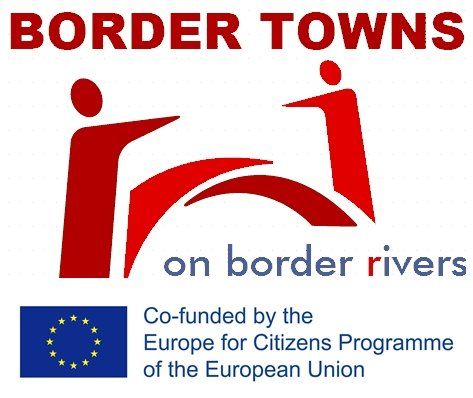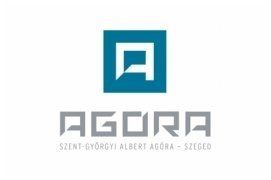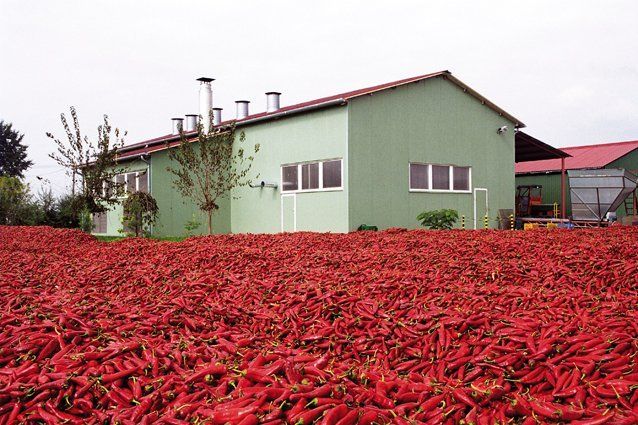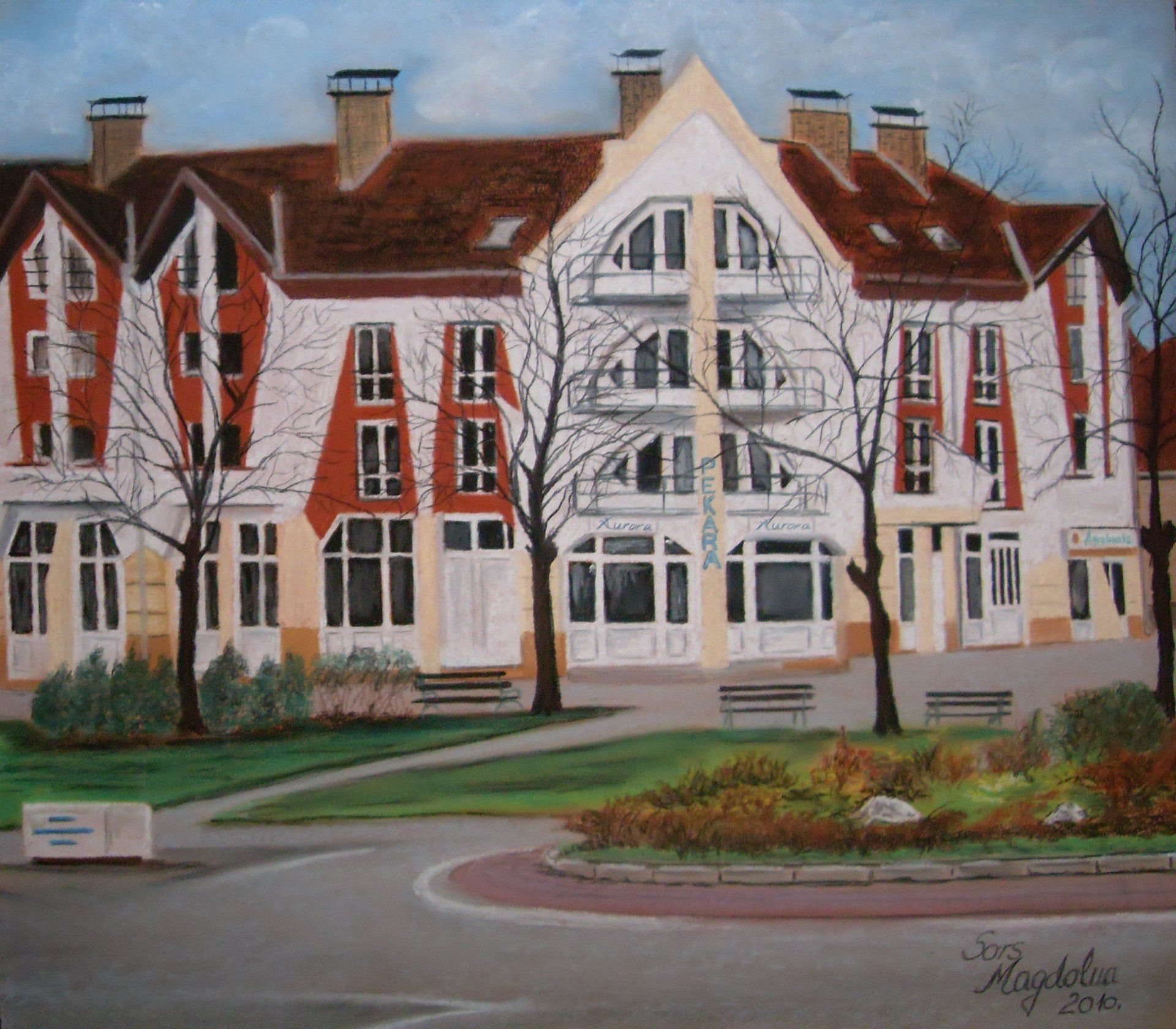Documents were issued on the Meeting and Conference
in Horgos (Serbia), 29/30-09-2017
JOINT DECLARATION of BORDER TOWNS
Regarding the Situation and Development of Border Towns
1. Noting, that many of the policies, integration aspirations and measures of the EU and the governments have specific, mainly negative influence on the position, development and on the life of citizens of border towns than of other towns, it is advisable that the EU and the governments to take better account of the specificities of the border towns.
2. It is necessary to commemorate the personal drama and the tragic fate caused by wars, dictatorships in the 20th century and in the first years of the 21st century, suffered by the population that live or was born or lived in a border town and that fact should be taken in account regarding the situation and development of the border towns.
Knowing that commemoration should serve not only reconciliation but also the future, the inhabitants and leaders of the border towns are aware that cooperation and security in the future, their sustainable development are their primary interest they expect and seek the assistance and support of governments and EU for achieving these goals.
3. It would be desirable for border towns to share their experience and to make exchanges of good practices more intensive and more regular, which would be regularly promoted by the EU and the governments, in particular border settlements that are catted by border or border rivers where entry migration appears.
4. Schengen standards and border checks at the EU's internal borders should be easing for residents of neighboring towns when visiting nearby but in neighboring countries situated towns. They should get preferences for crossing the border, as the lack of that has a negative impact on their private life, employment and economic and social life.
5. Facilities owned and operated by the state as a border surveillance facility, which have lost their function, are neglected in many places in Europe and spoil the actual border cities cityscape and causing landscape-wound on the periphery of the city. There is a need for a program for renewing or rebuilding them for the purpose or for a new function, what should be funded by central governments and is also in EU's responsibility and competence.
6. For the development of the border towns, it would be important if the EU's and governments' decision-makers would take better account of aspects of the the needs of population of European border towns in their responses to current and future challenges for the European Union. To this, for an emerging platform that include local governments and institutions in European border towns should and could be provided a helpful experts assistance.
Creation, presentation and role of the joint statement
In the town of Horgos, on the Hungarian-Serbian border, on 29 and 30 September 2017 an international meeting and conference on "Border towns on border rivers" was discussed in connection with several EU policies and integration themes in relation to border towns and their population.
Based on this, the joint declaration was prepared, the draft of which the organizers and participants of the meeting submit to the local governments of the European border towns for them to express their agreement with its contents.
The border towns local governments have three months, until 31 January 2018, to accept this joint declaration and to send an on-line notification of their agreement to the submitters.
After the deadline expiration, the text will be joined with the list of municipalities that accepted the joint declaration.
After that the proposer will send the joint statement to the decision-makers of the European Union and to governments of European countries, that will be asked for their statement and action regarding the proposals in the joint statement.
Answers which will be received – together with the letters sent out – will be sent to the municipalities showing up in the List, and with it the process of self-organization, the platform generation’s practical operation begins. So the platform of border town's municipalities will took over the role of further proposal-makers.
Horgos (Serbia), September 30th, 2017
Submitted by:
Horgos Municipality (Serbia)
Róbert Sors, Mayor
Hungarian Settlements and Regions Developer (Hungary)
István Szilvássy, President
Communication:
Web: bordertowns.dudaone.com
E-mail: bordertownsnet@gmail.com
Postal address: Mesna Zajednica Horgoš 24410 Horgos, Velika 2. 24410 Horgos, Nagy utca 2 Serbia
The Border Towns meeting had a three-point
proposal supported by participants:
1. The Border Towns
Project will be continued in the future;
2. Participants of the meeting will participate and contribute personally to the further activities for developing the Project and creating social media;
3. They will jointly prepare and submit proposals for the EU Europe for Citizens program;
• "3.1 Strand 1: European Remembrance" (Deadline: 1 March, 2018)
• "3.2 Strand 2: Democratic Engagement and Civic Participation 3.2.2 Measure Networks of Towns" (Deadline: 1 March, 2018)
Horgos, 30-09-2017
István Szilvássy
Chairman of the
Operative Committee of the
Border Towns Project
Comment:
Eligible commemorations in 2018:
1918 — The end of WWI – the rise of nation states and the failure to create European cooperation and peaceful coexistence
1938/1939 — Beginning of WWII
1948 — Beginning of the Cold War
1948 — The Hague Congress and the integration of Europe
1968 — Protest and civil rights movements, invasion in Czechoslovakia, student protests and anti-Semitic campaign in Poland
Networks of towns – providing funding to municipalities and associations working together on a common theme in a long term perspective, and wishing to develop networks of towns to make their cooperation more sustainable https://eacea.ec.europa.eu/sites/eacea-site/files/2017_programme_guide_en.pdf










